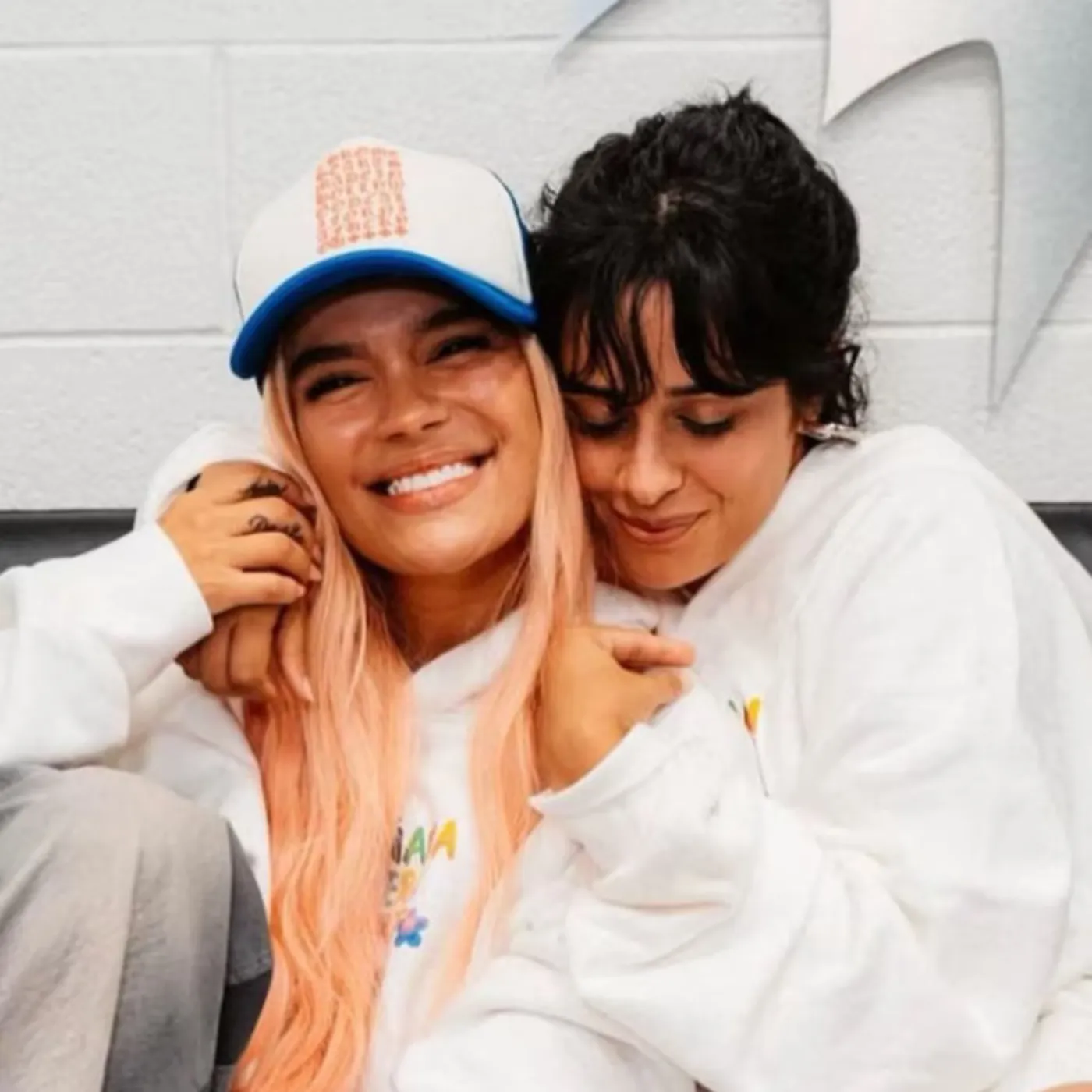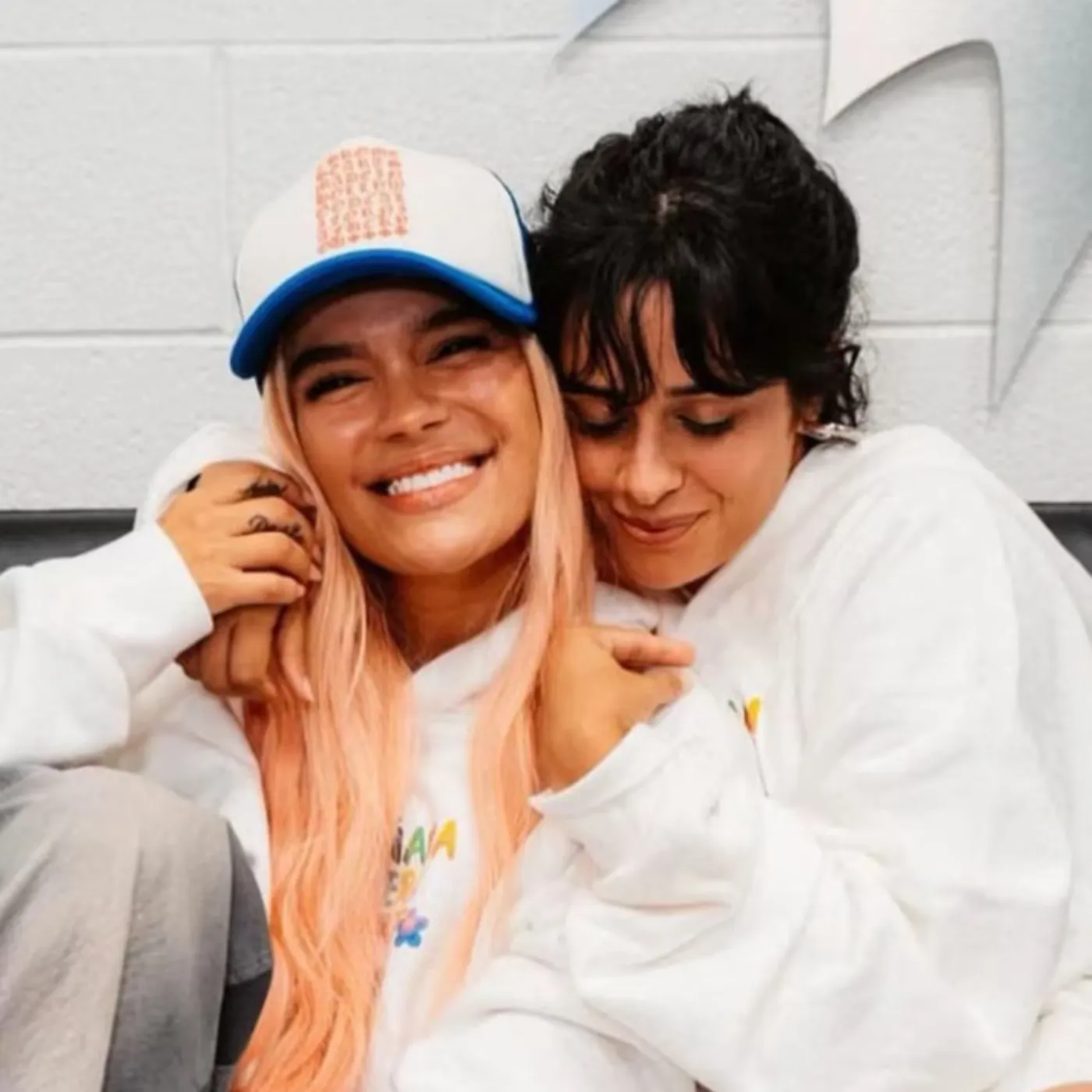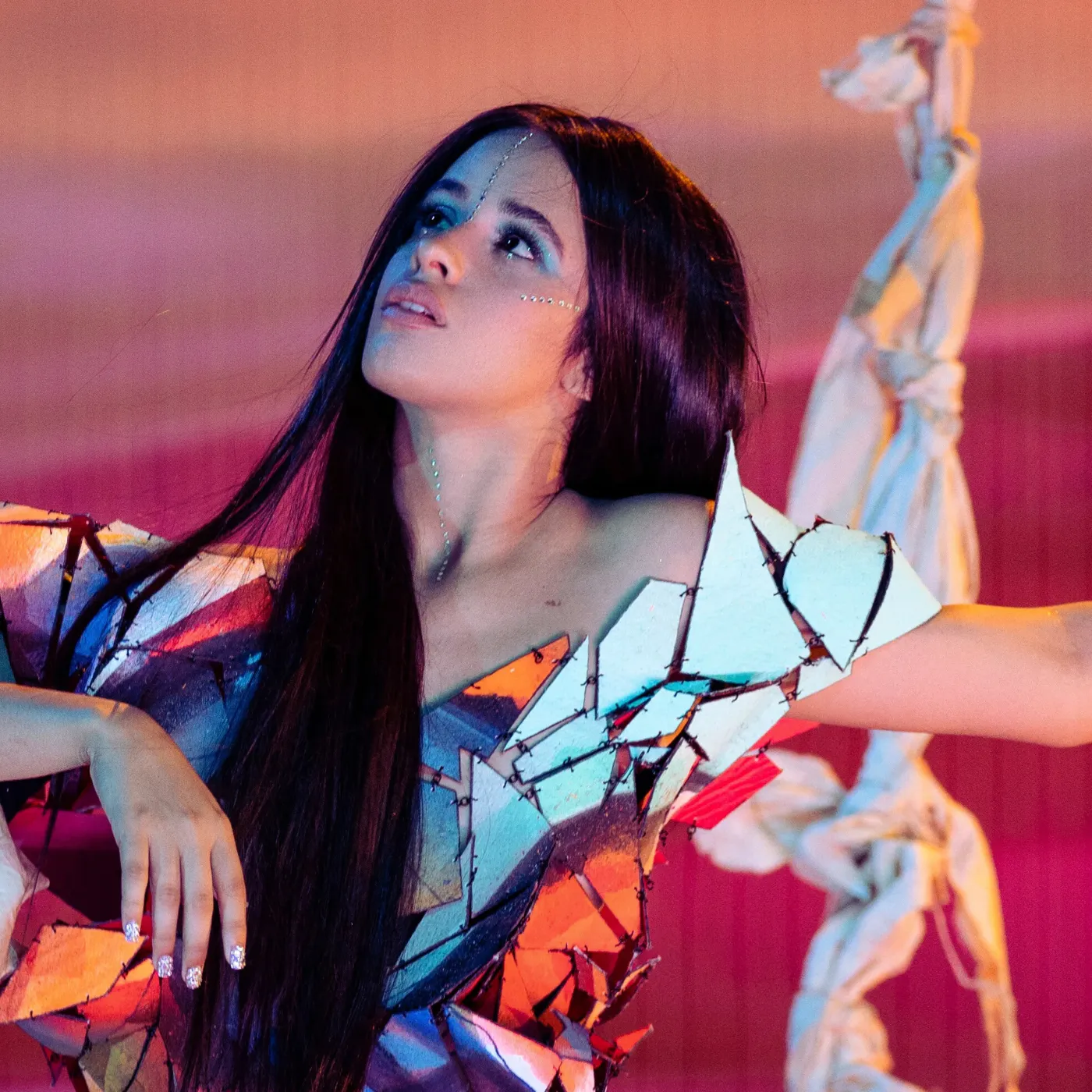

Karol G’s ‘TROPICOQUETA’ Album Is Dropping Soon and Camila Cabello Is Expected to Steal the Spotlight
In an industry saturated with collaborations, few have sparked as much buzz and anticipation as the news that Camila Cabello is featured on Karol G’s highly awaited album TROPICOQUETA, dropping June 20th. This pairing between two of Latin music’s brightest stars signals a pivotal moment—not just for their careers but for the entire Latin pop and urban music scenes. It’s a collision of styles, cultures, and fanbases that promises to reshape the soundscape and power dynamics of global music.

Camila Cabello: A Pop Icon Reclaiming Her Latin Roots
Camila Cabello has carved a unique niche in the music world, blending her Cuban heritage with mainstream pop to create hits that resonate across borders. From “Havana” to “Señorita,” she’s been a dominant force in shaping the modern pop sound infused with Latin influences. Yet, her relationship with the Latin music community has been complex. While celebrated by many, she has also faced criticism about her authenticity and identity as a Latin artist.
Her involvement in TROPICOQUETA could mark a significant reclamation of cultural identity. Collaborating with Karol G, one of Latin urban music’s most authentic and influential voices, Cabello steps further into the Latin music arena, moving beyond the hybrid pop-Latin space she has occupied for years. This move reflects not only artistic growth but also a strategic decision to deepen her roots in the vibrant Latin music community.
Karol G and TROPICOQUETA: A Cultural Milestone
Karol G has established herself as a powerhouse in Latin music, dominating charts and breaking records. TROPICOQUETA, her latest project, is already positioned as a major cultural event. The album’s title suggests a fusion of tropical rhythms and a fierce, confident femininity—a bold statement in a male-dominated genre.
Featuring Camila Cabello on this album signals Karol G’s intent to push boundaries even further. It’s a calculated move to expand the album’s reach globally, tapping into Cabello’s vast international fanbase. The combination of Karol G’s urban reggaeton prowess with Camila’s polished pop-Latin style hints at fresh, genre-defying sounds that could dominate airwaves worldwide.
The Social Media Frenzy and Streaming Surge
The anticipation surrounding this collaboration has set social media on fire. Platforms like TikTok, Instagram, and Twitter are rife with speculation, teaser clips, and fan theories about the vibe and potential impact of the joint track.
Streaming platforms, particularly Spotify and Apple Music, have been quick to respond, including early singles and related content in high-traffic playlists. This strategic placement leverages both artists’ massive streaming numbers to maximize exposure and engagement.
For the digital generation, where virality can define a song’s lifespan, the Camila-Karol collab is perfectly poised to capitalize on algorithm-driven hype. Memes, challenges, and dance routines inspired by their music will likely dominate feeds, boosting streaming counts and solidifying the track’s cultural footprint.

Industry Experts Weigh In: Collaboration or Competition?
While the excitement is palpable, industry insiders are divided on what this collaboration truly represents. Some view it as a masterstroke of branding and marketing, a synergistic partnership designed to dominate global charts and streaming platforms.
Others see it as a genuine artistic fusion, a meeting of two artists committed to evolving Latin music’s sound and scope. Both agree that the stakes are high—this album could redefine what it means to be a Latin artist in 2025 and beyond.
However, the collaboration also raises questions about market saturation and the potential dilution of Latin music’s core identity. Critics argue that mainstream pop stars like Camila Cabello risk overshadowing homegrown Latin artists, turning a rich cultural genre into a commercialized trend.
The Broader Cultural Conversation: Identity, Authenticity, and Representation
At the heart of the conversation lies a deeper debate about authenticity and representation. Camila Cabello’s place in Latin music has always sparked discussion—how much of her persona and sound are shaped by industry forces versus genuine cultural expression?
By collaborating with Karol G, she challenges those narratives, presenting herself as an artist fully embracing Latin music’s evolving landscape. This partnership invites fans and critics alike to reconsider preconceived notions about what constitutes Latin artistry in a globalized music industry.
It also highlights ongoing tensions between cultural pride and commercial viability. As Latin music’s popularity surges worldwide, questions about who gets to represent the culture and how it is marketed have become increasingly complex and urgent.
What This Means for Camila Cabello’s Career Trajectory
For Camila Cabello, this album marks a critical inflection point. After years of massive success, including chart-topping singles and a loyal global following, she faces the challenge of reinvention and relevance.
Collaborating on TROPICOQUETA provides an opportunity to showcase her versatility and reaffirm her connection to Latin roots. It also positions her to tap into new audiences and markets, especially within Latin America and the Hispanic diaspora worldwide.
This is not just a feature on a high-profile album—it’s a strategic move to cement her legacy as more than a crossover pop star but as a cultural force within the Latin music domain.
How TROPICOQUETA Could Shift the Industry Landscape
The release of TROPICOQUETA could have ripple effects across the music industry. As Latin music continues to surge in popularity, collaborations like this set new standards for cross-genre innovation and market expansion.
Record labels and artists are likely to follow suit, seeking partnerships that blend urban beats, pop melodies, and cultural narratives in fresh ways. This trend could drive further globalization of Latin music, making it a staple in mainstream playlists and award shows worldwide.
It also puts pressure on the industry to reckon with issues of cultural appropriation and artist equity—ensuring that collaborations are respectful, authentic, and beneficial for all parties involved.
Fan and Public Reactions: Divided but Engaged
Social media responses have been polarized. Some fans celebrate the collaboration as a historic moment that showcases Latin music’s diversity and power. Others criticize it as a calculated commercial stunt that blurs cultural lines.
This divided reaction underscores the complexity of Latin identity in music today. It also demonstrates the heightened expectations placed on artists like Camila Cabello and Karol G to balance artistry with cultural responsibility.
Regardless of opinion, the conversation itself has elevated the album’s profile, driving curiosity and engagement ahead of its release.

Looking Ahead: The June 20th Drop and Beyond
With the release date fast approaching, all eyes are on TROPICOQUETA. Early indicators suggest that the album will not only deliver hit singles but also spark important conversations about music, culture, and identity in a rapidly evolving industry.
For Camila Cabello, the collaboration represents a fresh chapter—a chance to redefine her narrative and deepen her artistic imprint. For Karol G, it’s another step toward solidifying her status as a global Latin music icon.
Together, they symbolize the future of Latin pop—bold, boundary-pushing, and impossible to ignore.


















